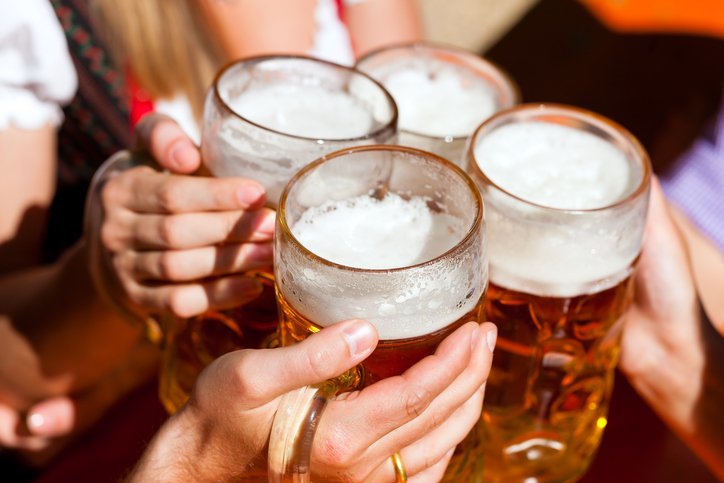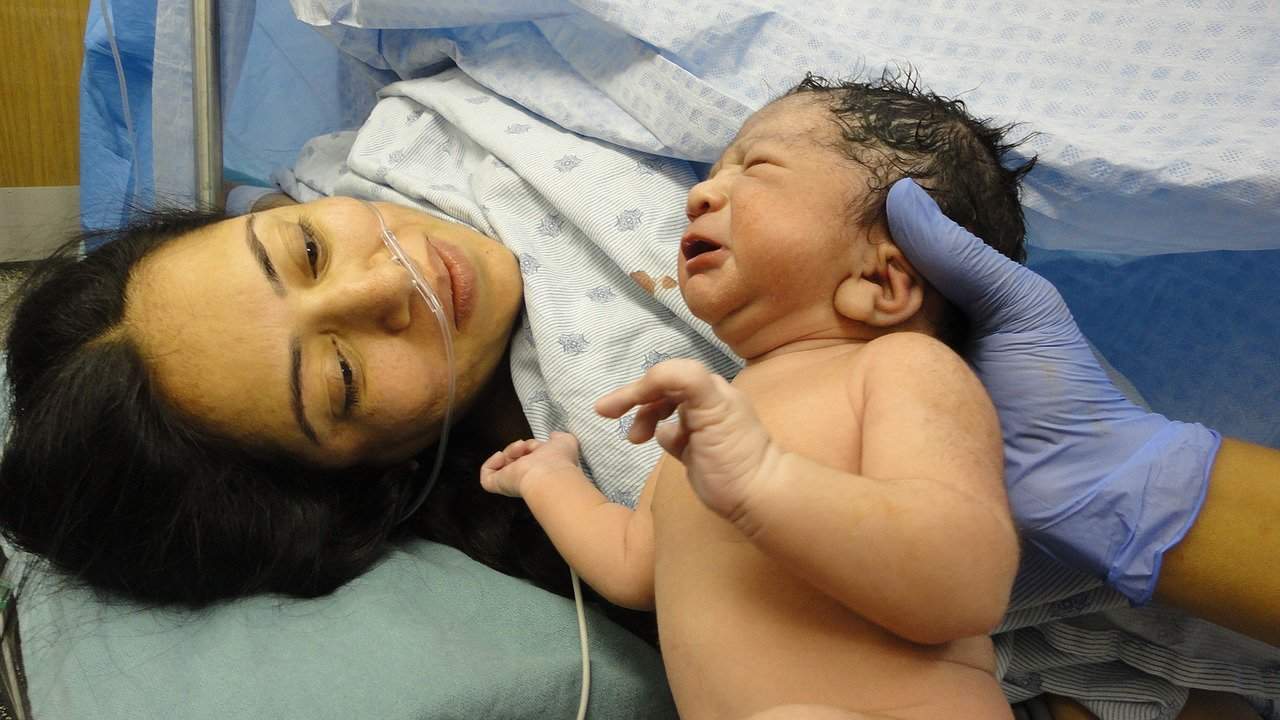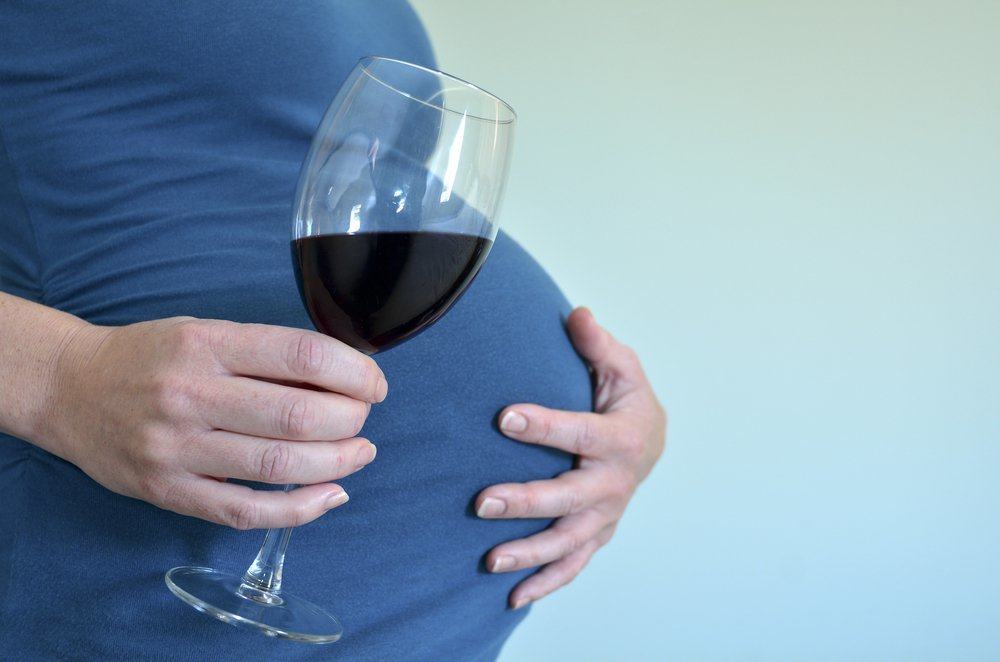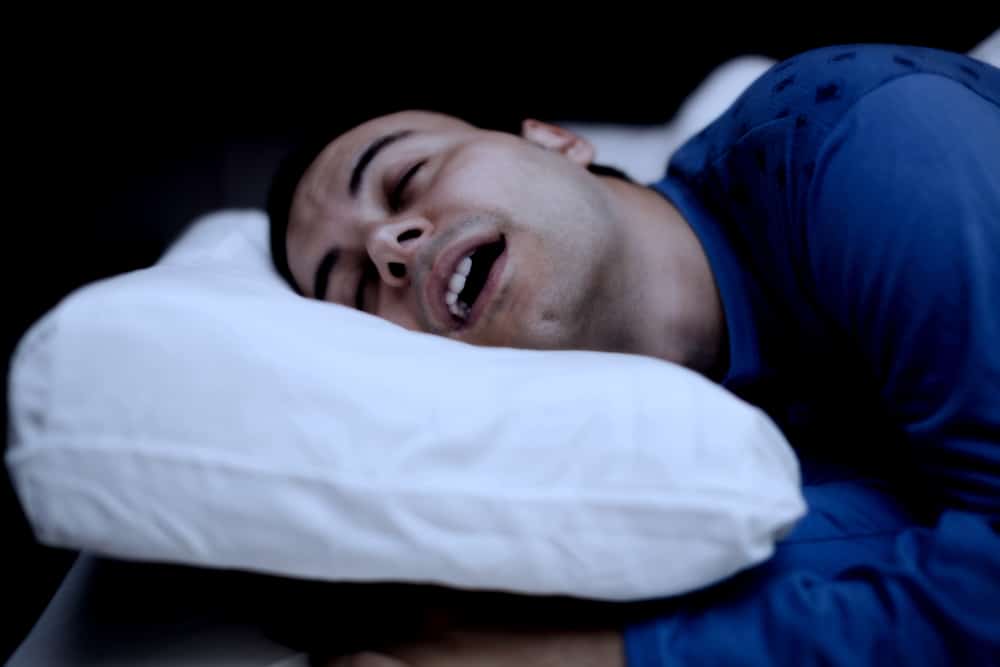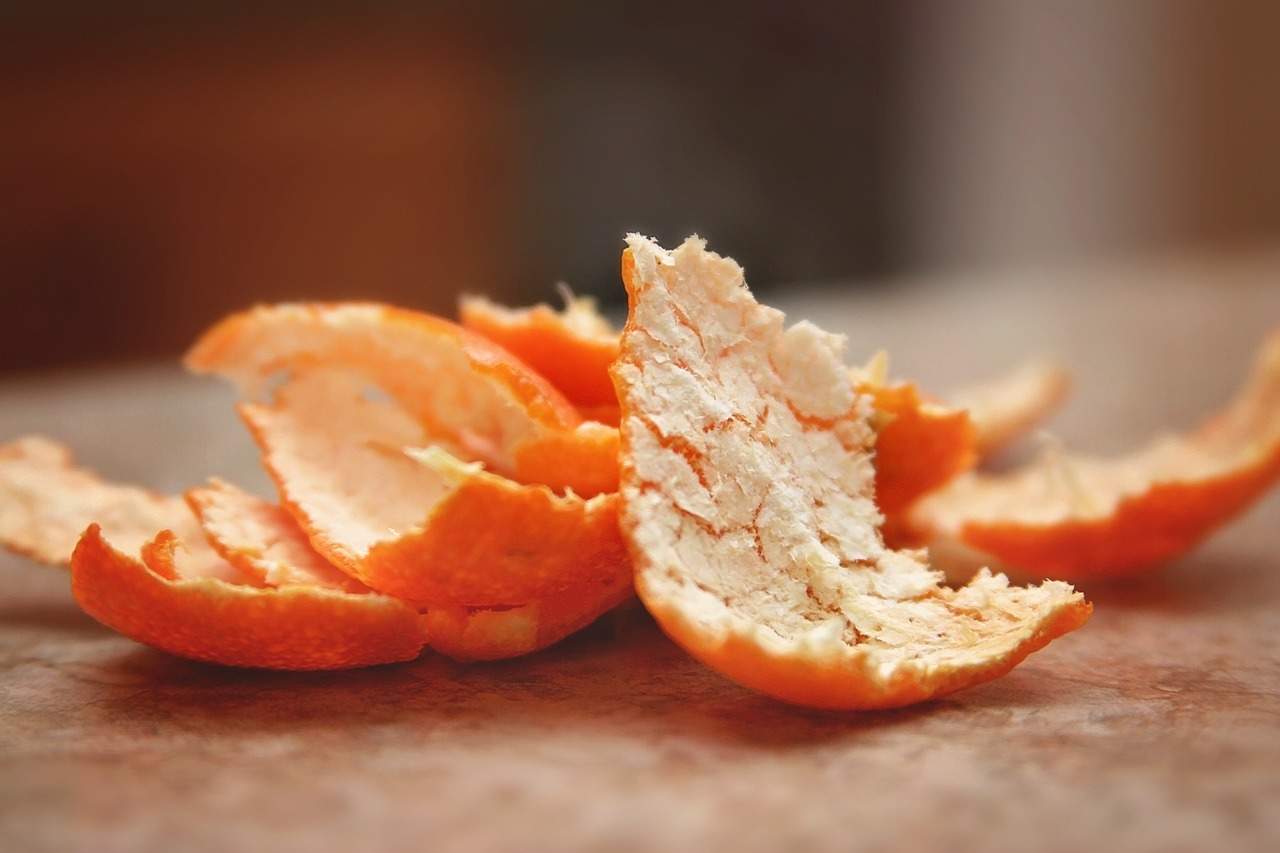Contents:
Medical Video: Why Do Only Some People Get Blackout Drunk?
Watching friends get drunk while they are busy weekly evenings can be a source of comedy or even make cold sweat. Someone who is drunk sometimes behaves very bluntly, sometimes it can rage and act recklessly. But, for some people, they can drink alcoholic bottles and continue to function properly like normal humans. Why do some people get drunk more easily, while there are also people who don't seem to be affected by alcohol - even though they both just drank a glass? First, it is important to define what, exactly, alcohol tolerance.
What is alcohol tolerance?
Alcohol tolerance is the body's resistance to alcohol which increases over time, where an alcoholic will need to consume more liquor to achieve the intoxicating effect that is targeted. Alcohol tolerance resulting from the use of long-term or heavy alcohol can cause two possibilities.
First, a heavy drinker can recover quickly from the intoxicating effects of alcohol due to the performance of the liver which speeds up the process of rinsing alcohol from the body. Second, a chronic heavy drinker can show only one or two symptoms of motion sickness even at a very high blood alcohol concentration, because his body is immune to the effects of alcohol (which in ordinary people will be crippling or even fatal).
READ ALSO: 7 Dangers of Drinking Lots of Alcohol in a Short Time
Because the drinker does not experience dramatic decline in behavior as a result of drinking alcohol, his body's tolerance can facilitate an increase in the amount of alcohol consumption that is increasingly becoming increasingly common. However, it should be noted that although a person's sensitivity to the effects of alcohol may decrease, the level of alcohol concentration in his blood will continue to surge.
What makes people's alcohol tolerance different?
There are many factors that influence a person's level of alcohol absorption. These factors can reduce or increase the natural absorption rate of alcohol and each individual. If you understand this, you can use it as an effective method to slow down the effects of alcohol on the body and brain.
1. Weight
Blood alcohol level (BAC) is a comparison between the total alcohol content in the body system, and the total amount of blood volume. Because blood is basically water, a person's BAC is affected by the percentage of body fat; the higher the body fat percentage, the lower the water content in the body and the higher the BAC number will be.
For people of the same weight, even the same sex, individuals with a lower percentage of body fat (more muscular, for example) will still have lower BAC rates than those who have a higher body fat percentage. Likewise with people who have bigger and heavier body postures - the more a person's body weight, the higher the percentage of water in the body to balance the same alcohol level. In short, the lighter the number on the scale, the higher your BAC will be and you will get drunk more easily.
2. Gender
Most alcohol recommendations are based on a standard adult male weighing 70 kilograms. Usually, drinking three cans of 350 ml beer at a time less than one hour can make an average drunk man (blood alcohol level can reach .045). On average, humans break alcohol in one standard drink (17 ml ethanol) per 90 minutes.
Women tend to have a higher percentage of body fat and less water content than men. In the same portion of consumption, the average woman will have a higher BAC than men and will therefore get drunk faster. In addition, women also have fewer alcohol-breaking enzymes in their hearts. Hormones also affect the body's ability to process alcohol, so women will experience a higher BAC rate if they drink alcohol in a standard portion just before menstruation.
READ ALSO: 6 Surprising Benefits Behind Alcohol and Liquor
3. Food / digestive system
Eating more is a surefire way to delay feeling drunk. For people who don't eat, the biggest peak of alcohol poisoning usually occurs between 0.5-2 hours. For someone who drinks alcohol while eating, the peak of BAC will usually not occur until after 1-6 hours.
The body will automatically prioritize the digestive process of food and prevent alcohol from entering into the small intestine, where absorption is most effective. After the alcohol is finally absorbed and enters the blood, it takes at least 1 hour for the liver to break down to be released again by the body. But remember, this is not a reason for you to drink more. You are not thwarting alcohol absorption, but only delaying it so that your BAC doesn't peak quickly.
3. Ethnic background
Certain ethnic groups may not drink as much and be affected by alcohol from other ethnic groups. Experts suspect that enzymes that metabolize alcohol may be less abundant in some groups, or they have a genetic mutation in the enzyme, which carries on the cheeks redness and rapid heartbeat, even with a small amount of alcohol.
For this reason, people of Chinese descent are far less likely to party alcohol than Koreans who have a stronger drinking culture - around seven percent, compared to 30 percent. These are the findings of a study published in the journal Psychology of Addictive Behaviors, reported from The Malibu Canyon. Native Americans also metabolize alcohol much more slowly than many other ethnic groups.
READ ALSO: 4 Main Keys to Minimize Distended Stomach
4. Strength of liquor consumed
The higher the alcohol concentration of your drink (10-30 percent), the faster the process of absorption of alcohol in the body.
When the alcohol content is less than 10%, the digestive tract is a little "lazy" to quickly process alcohol. Therefore, absorption of alcohol becomes slower and you become more drunk. However, alcohol concentration that is too high (more than 30 percent) tends to irritate the mucous membranes of the digestive tract, thereby increasing the production of mucus which actually slows the absorption of alcohol.
5. Time of consumption
The faster you drink a drink in a row, your BAC number will quickly rise.
But over time, regular alcohol drinkers can drink more without feeling the slightest intoxicating effect. Even if you have stopped drinking for decades, you will still be able to drink the same amount before stopping without feeling any effects.
6. Age
Ironically, the robustness of this tolerance will slowly collapse once you are old, influenced by natural aging factors, such as illness, mood, and physical fitness.
7. Medicine
Although traditionally consumed in liquid form for recreation, eleven-twelve alcohol with medical drugs so it must be treated no differently as taking two different recipes together. It is important to know drug interactions and consult a doctor before mixing the drug with alcohol.
Potentially dangerous alcohol-drug interactions can occur in both mild and chronic drinkers. If you are taking prescription drugs or non-prescription drugs, ask your doctor for advice on alcohol intake. Know that even herbal medicines and supplements can also have harmful interactions when combined with alcohol.
8. Body condition
If you are sick and tired, there is a chance that you will become dehydrated. Dehydration will produce a higher BAC number. Alcohol can double the symptoms of dehydration and fatigue. Fatigue and dehydration can also worsen the intoxicating effect of alcohol. When you are not fit, the heart is also unable to work optimally for processing and / or removing alcohol from the body so that it leads to an increase in blood alcohol concentration.
You may also be taking symptom-lowering drugs, which can increase the effects of alcohol hangovers which also risk causing other problems.

